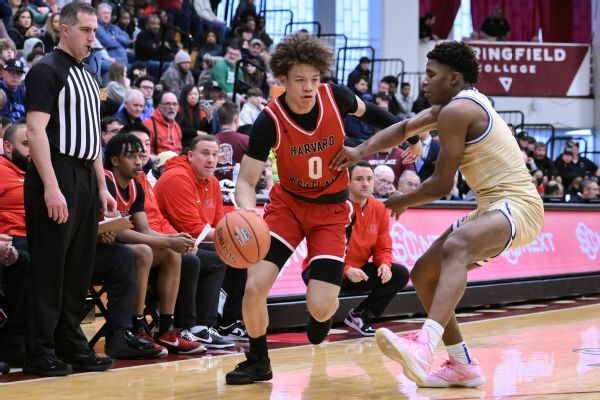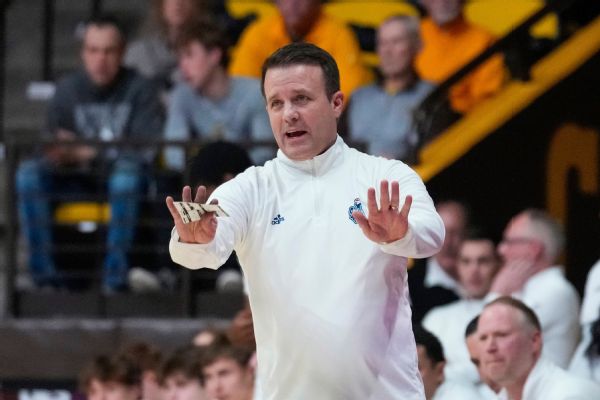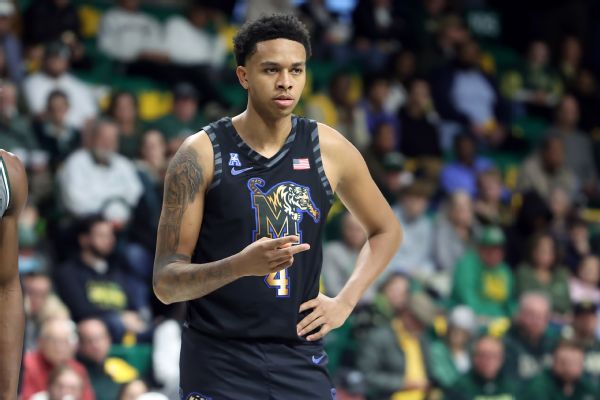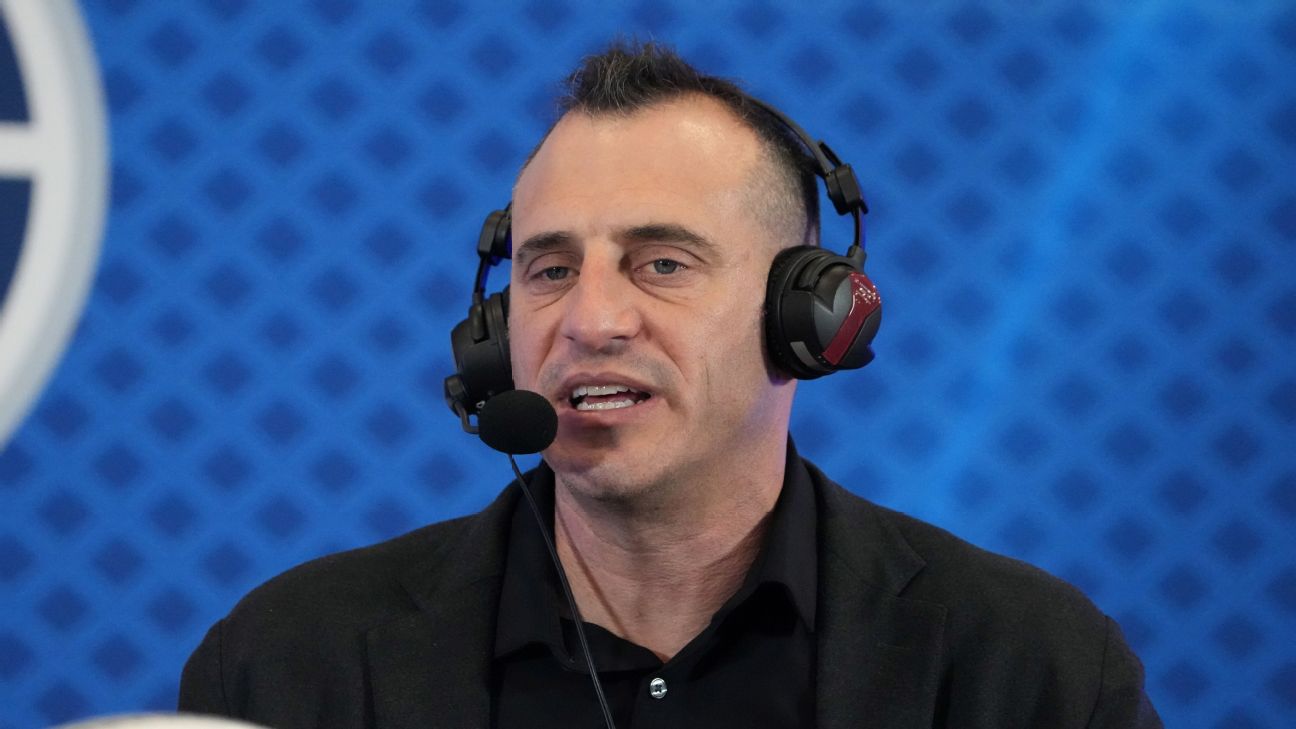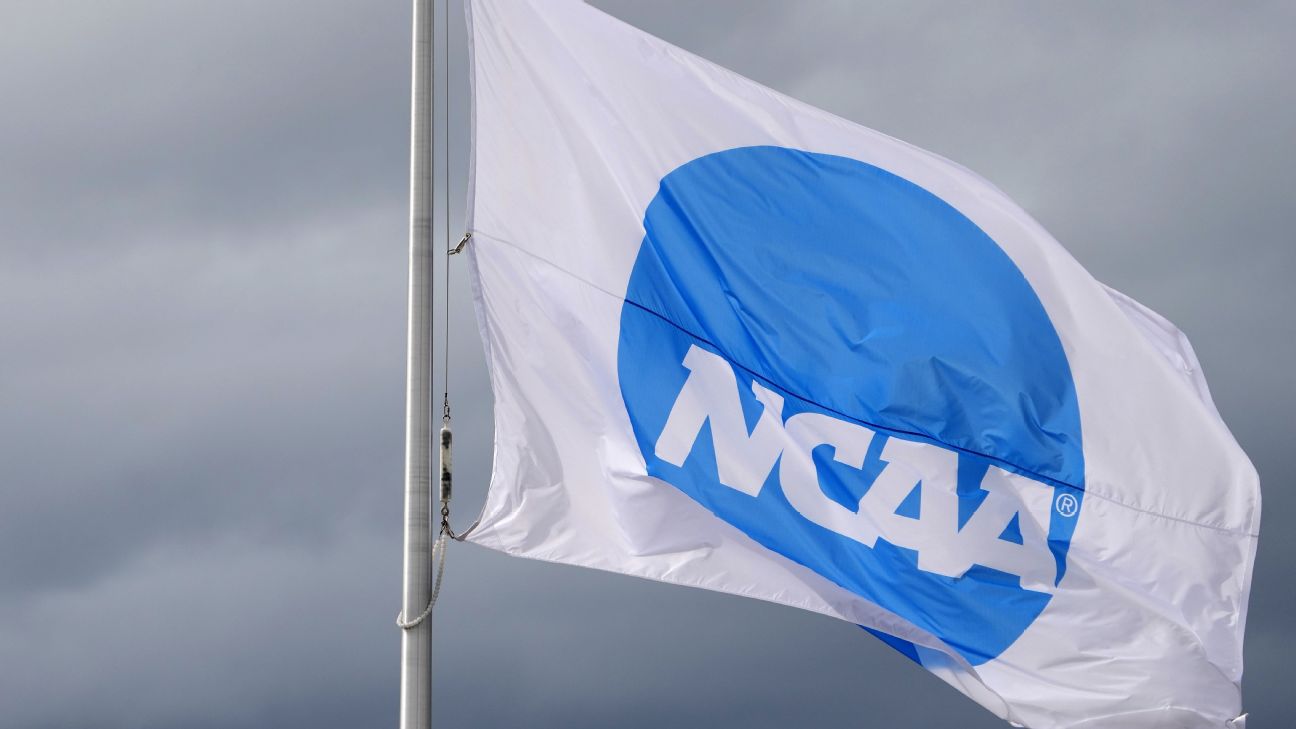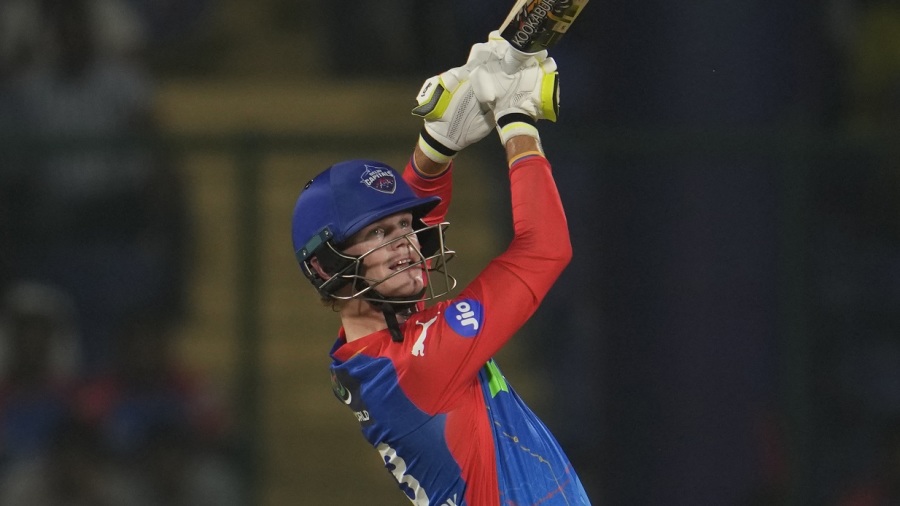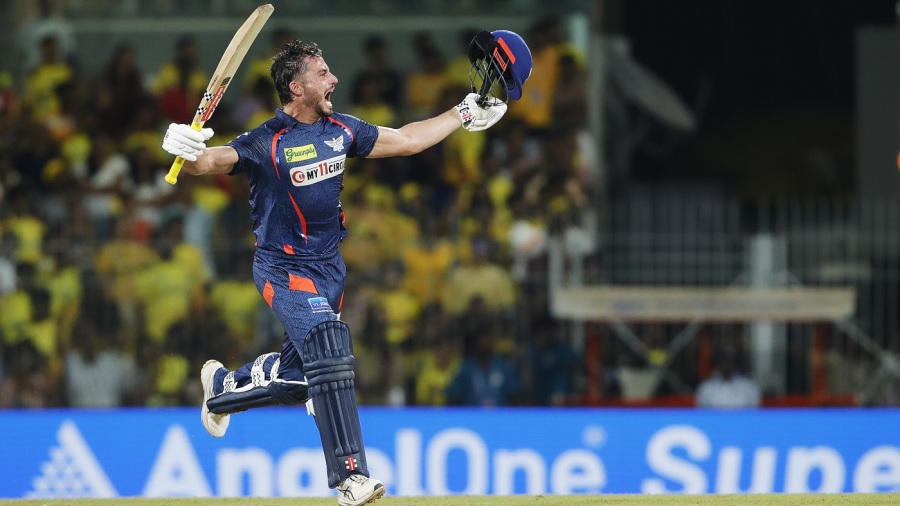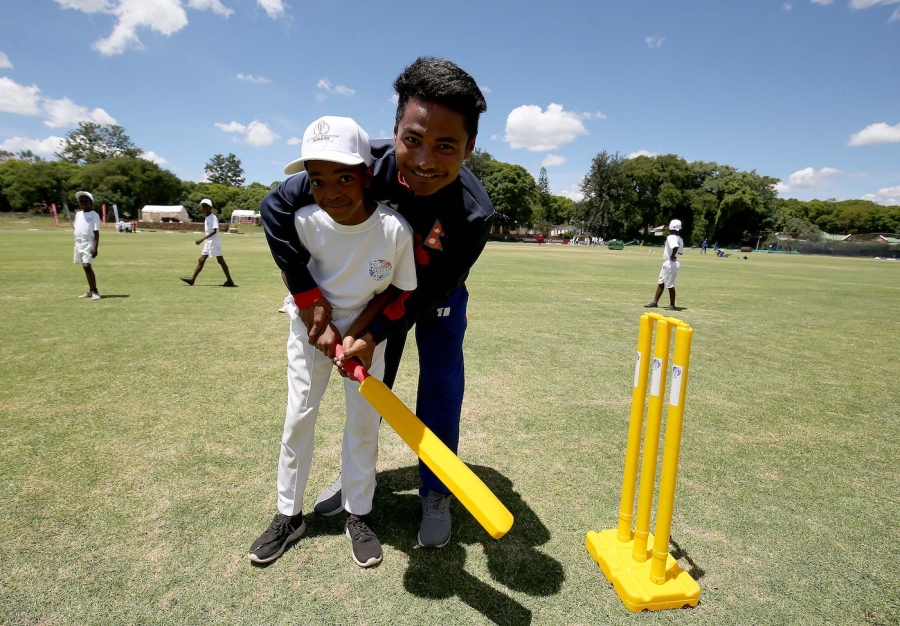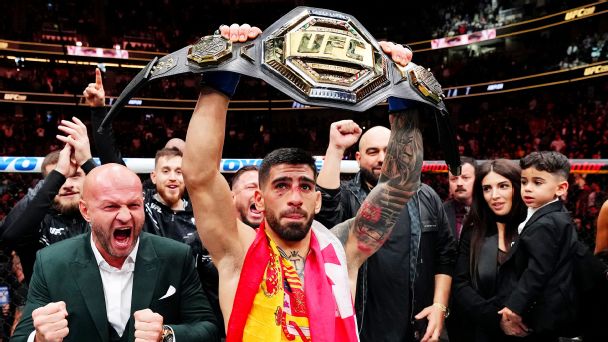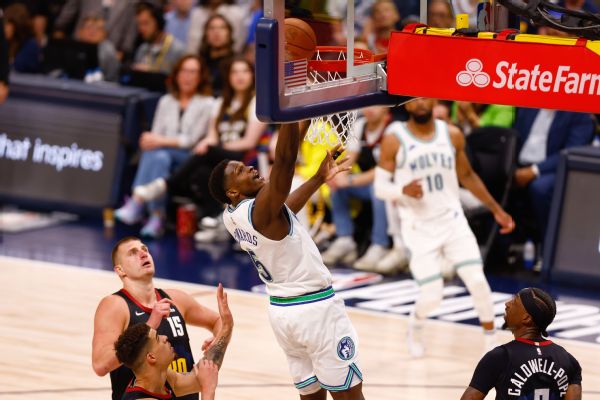![Caitlin Clark signs autographs [1296x729]](https://a.espncdn.com/photo/2024/0510/r1330930_1296x729_16-9.jpg)
Andre Russell The Ultimate Fighter who knows just how good he is
Connecticut Sun coach Stephanie White was an All-American and national champion for the Purdue Boilermakers in the 1990s and a WNBA star into the 2000s.
But, she said, the popularity and level of recognition for today's top women's basketball players, such as No. 1 WNBA draft pick Caitlin Clark of the Indiana Fever, has skyrocketed since her playing days.
"It's nuts. It's night and day," White said. "I've been involved in this league for a long time. Just seeing the difference in the crowds that come before and stay after to get autographs, to the crowds that are flooding hotel lobbies. You see it that way on the men's side. ... That's the way it's been trending [on the women's side]."
And with growth comes new challenges.
"As an organization, we often talk about player safety and having security. We remind our players that if we have somebody available for security, utilize them," White said. "I'm thankful for the growth of our sport, but we also need to stay ahead of the curve in terms of protecting our players."
The league announced this week it is taking a major step -- one players have called for over the past several years -- in getting charter flights for the entire 2024 season. The WNBA said Thursday that charters would be "phased in" starting with this regular season "as soon as practical."
The players see charter flights as a huge help for both health and safety reasons. It will save time and wear and tear on their bodies. But it also allows teams to avoid potentially uncomfortable situations in airports, as happened last season when a YouTube provocateur confronted Phoenix Mercury center Brittney Griner.
"We've always been a league touted as incredibly accessible to fans, and that's nothing we want to change," said Seattle Storm forward Nneka Ogwumike, president of the players' union. "But with the evolution of our game and the growth, we have to be a little more mindful of what that accessibility looks like.
"We're all entering new territory, where we're all going to be experiencing things we haven't before. The influx of these new younger players that are bringing their followings is going to call for things that maybe we haven't done before. It doesn't take away the authenticity of us being accessible, but still maintains the boundaries necessary for the players to feel secure."
Clark's popularity soared her last two seasons at Iowa and has continued in the WNBA. Other players in the 2024 draft class also built up their profiles while in college, helped by NIL deals that made them more visible through endorsements.
No. 2 pick Cameron Brink of the Los Angeles Sparks said she doesn't believe she has any issues with security herself. However, the Stanford grad is concerned for others.
"I worry for friends of mine -- Angel Reese and Caitlin Clark," Brink said.
Clark and Reese, the No. 7 pick by the Chicago Sky out of LSU, reached great heights in recognition while still in college. It's exactly what women's basketball has needed. Reese and Clark are outgoing and connect well with fans, and their impact on the WNBA's popularity is already being felt.
But the popularity also can draw followers with questionable intentions.
"Chicago has done a great job of being able to make sure I was protected," Reese said. "I know [Sky personnel] have my back. They'll say no for something I may not see [isn't] best for me. I'm still learning to say the word 'no.'
"It's a big shift, obviously, in women's basketball and things we haven't seen before."
Indiana general manager Lin Dunn said the Fever took note of the security measures Iowa put in to place to deal with the crush of fans who surrounded Clark.
"It all goes to visibility," Dunn told ESPN. "In the past, our players weren't recognized as much. But look at the millions who watched the Final Four and the draft. They know who these players are. We are just paying attention to safety more -- all of us, the league and the teams."
The WNBA has security briefings with teams and provides them with resources and guidance.
"Ensuring the safety and security of WNBA players is paramount," commissioner Cathy Engelbert said in a statement to ESPN. "The league's security policies and arena standards were developed in consultation with experienced security professionals, and the league hires dedicated security representatives in each WNBA team market to work in coordination with the team security personnel."
However, Las Vegas Aces guard Chelsea Gray reiterated this week that while individual team security has improved, she remains concerned about the league as a whole.
"The Aces have taken the necessary steps to protect people in our organization," Gray said. "As a whole, I think the onus is still on the teams. With the league, I don't know that the right precautions have taken place. But the Aces organization has been like, 'If this is a problem for our players, we hear you and let's make a change.'"
Aces coach Becky Hammon played 16 years in the WNBA. She said security was one of the first topics she discussed with Las Vegas management when she came back to the WNBA prior to the 2022 season after eight years as an NBA assistant coach.
"If our players want to go out to dinner, I want someone going there with them," Hammon said. "I want them walked to the restaurant and coming back. So we've hired security to travel with us full time and at every event we have."
Hammon said especially for players who stand out anyway because of their height and/or public profile, safety is a concern.
"We want to make sure they're taken care of," Hammon said.


